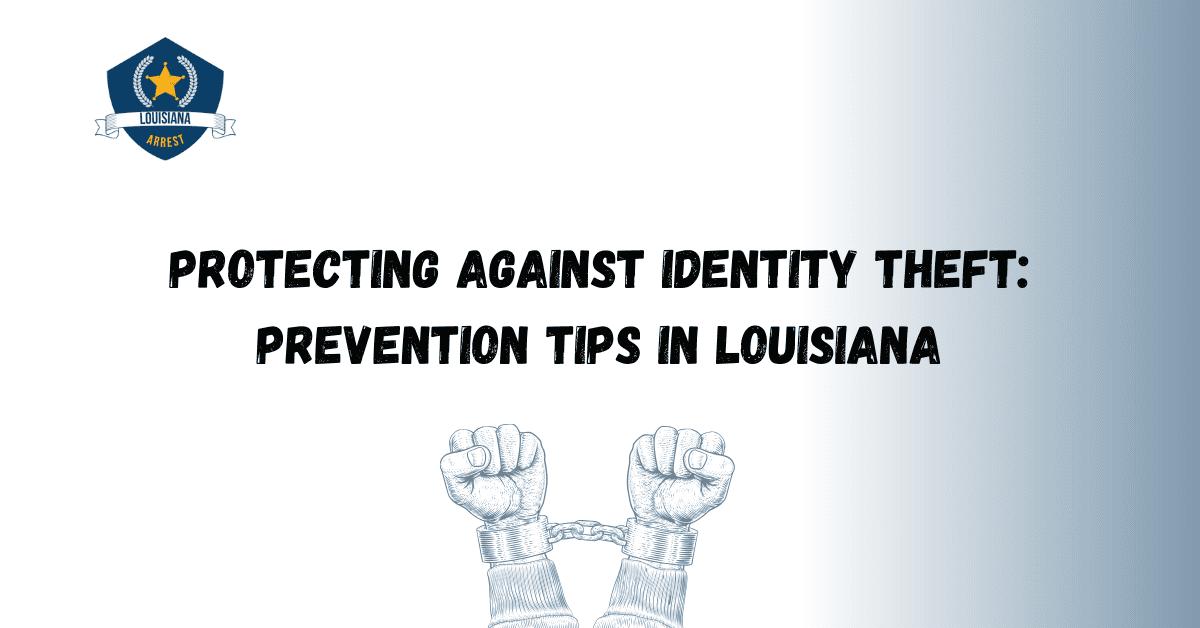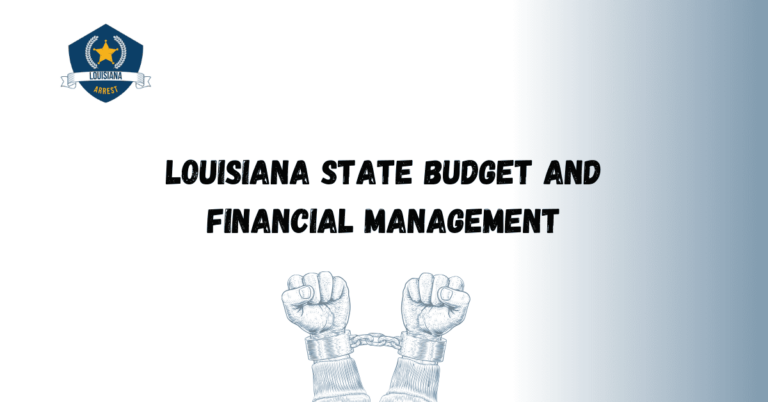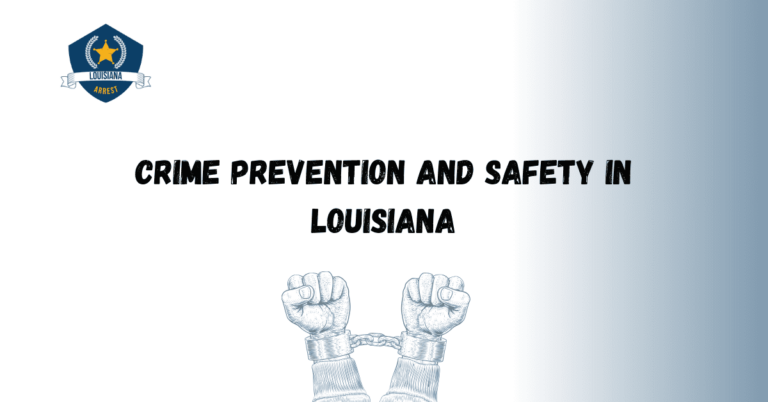Protecting Against Identity Theft: Prevention Tips in Louisiana
Identity theft is a growing concern in today’s digital age, and it is crucial to take proactive measures to protect ourselves from this ever-present threat. In Louisiana, where the risk of identity theft is particularly high, being informed and implementing prevention strategies is essential for safeguarding our personal information.
In this comprehensive guide, we will explore effective ways to protect against identity theft in Louisiana. From understanding the tactics employed by identity thieves to implementing robust security measures, we will equip you with the knowledge and tools necessary to stay one step ahead of these criminals. Whether you are a tech-savvy individual or someone who is less familiar with the intricacies of cybersecurity, this guide is designed to cater to users of all levels, providing practical tips and expert advice that anyone can implement.
Understanding Identity Theft Tactics and Risks
Identity theft has become a pervasive issue in our modern, interconnected world. Cybercriminals are constantly devising new strategies to steal personal information and wreak havoc on unsuspecting individuals. It is crucial to be aware of the tactics employed by these thieves in order to effectively protect ourselves.
Phishing A Common Threat
One of the most prevalent tactics used by identity thieves is phishing. This involves sending deceptive emails or creating fake websites to trick individuals into providing their sensitive information. These scams can be incredibly convincing, often imitating legitimate organizations or financial institutions. It is essential to remain vigilant and question any suspicious requests for personal data.
Securing Your Digital Footprint
In today’s digital age, our online presence leaves behind a trail of personal information that can be exploited by identity thieves. It is crucial to take proactive measures to secure our digital footprint. This includes regularly updating passwords, using strong and unique combinations, and enabling two-factor authentication whenever possible.
Protecting Your Social Security Number
Our social security number is a prime target for identity thieves, as it serves as a unique identifier for individuals. Safeguarding this number is of utmost importance. Avoid carrying your social security card in your wallet and refrain from sharing the number unnecessarily. Additionally, be cautious when providing your social security number online, ensuring you are on a secure and trusted website.
Monitoring Your Credit Report
Regularly monitoring your credit report is an effective way to detect any suspicious activity. By reviewing your report for unauthorized accounts or inquiries, you can quickly identify signs of identity theft. Consider utilizing a credit monitoring service that alerts you to any significant changes in your credit profile.
Safeguarding Personal Documents
Physical documents containing personal information can also be vulnerable to theft. Ensure that important documents such as passports, birth certificates, and financial statements are stored securely in a locked cabinet or safe. Shred any documents containing sensitive information before disposing of them.
Stay Informed and Stay Safe
As technology continues to evolve, so do the tactics employed by identity thieves. Staying informed about the latest threats and prevention strategies is essential for protecting ourselves in an ever-changing digital landscape. By following the tips and advice outlined in this comprehensive guide, you can confidently navigate the digital world and safeguard your personal information.
FAQs
What is identity theft?
Identity theft refers to the fraudulent acquisition and use of someone else’s personal information, such as their name, social security number, or financial details, typically for financial gain.
How does identity theft occur?
Identity theft can occur through various methods, including phishing scams, data breaches, skimming devices, and social engineering. Cybercriminals use these tactics to gain access to personal information and exploit it for their benefit.
What are the consequences of identity theft?
The consequences of identity theft can be severe and long-lasting. Victims may experience financial loss, damage to their credit score, legal issues, and emotional distress. It can take a significant amount of time and effort to restore one’s identity and recover from the consequences.
How can I protect myself against identity theft?
There are several proactive measures you can take to protect yourself against identity theft. These include regularly monitoring your financial accounts, using strong and unique passwords, being cautious of suspicious emails and phone calls, shredding sensitive documents, and keeping your personal information secure.
What should I do if I suspect I am a victim of identity theft?
If you suspect that you are a victim of identity theft, it is crucial to act quickly. Contact your financial institutions to report any unauthorized transactions, place a fraud alert on your credit reports, file a report with the local police department, and consider reaching out to identity theft protection services for further assistance.
Is identity theft preventable?
While it is not always possible to completely prevent identity theft, taking proactive measures can significantly reduce the risk. By staying informed about the latest scams and security threats, practicing good cybersecurity habits, and being vigilant with your personal information, you can greatly minimize the chances of falling victim to identity theft.







